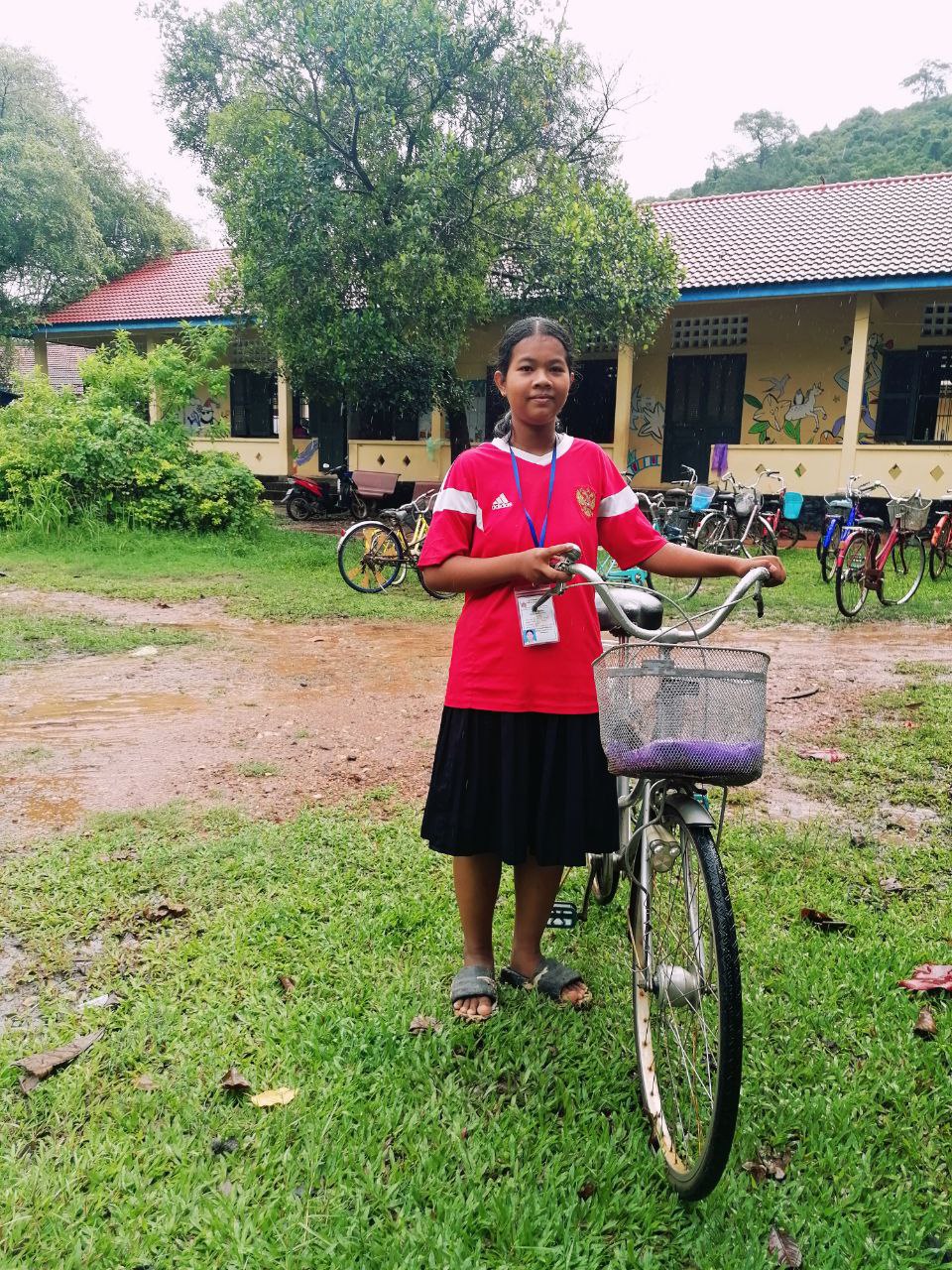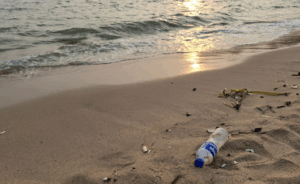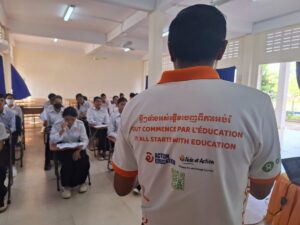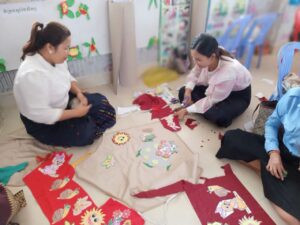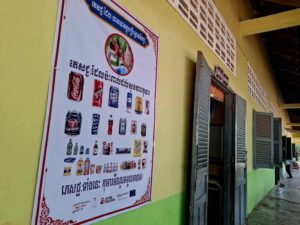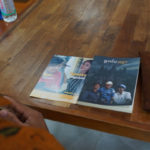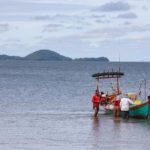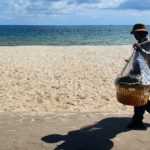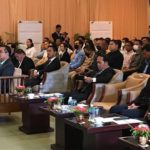A bicycle can go a long way for some of the poorest Cambodian children, especially those who go to school in rural areas. Cycling is an appropriate response to the challenges of our time, not only a means of transportation. Every morning, schoolchildren from Kep’s fishing communities show us the way to sustainable living and green transport.
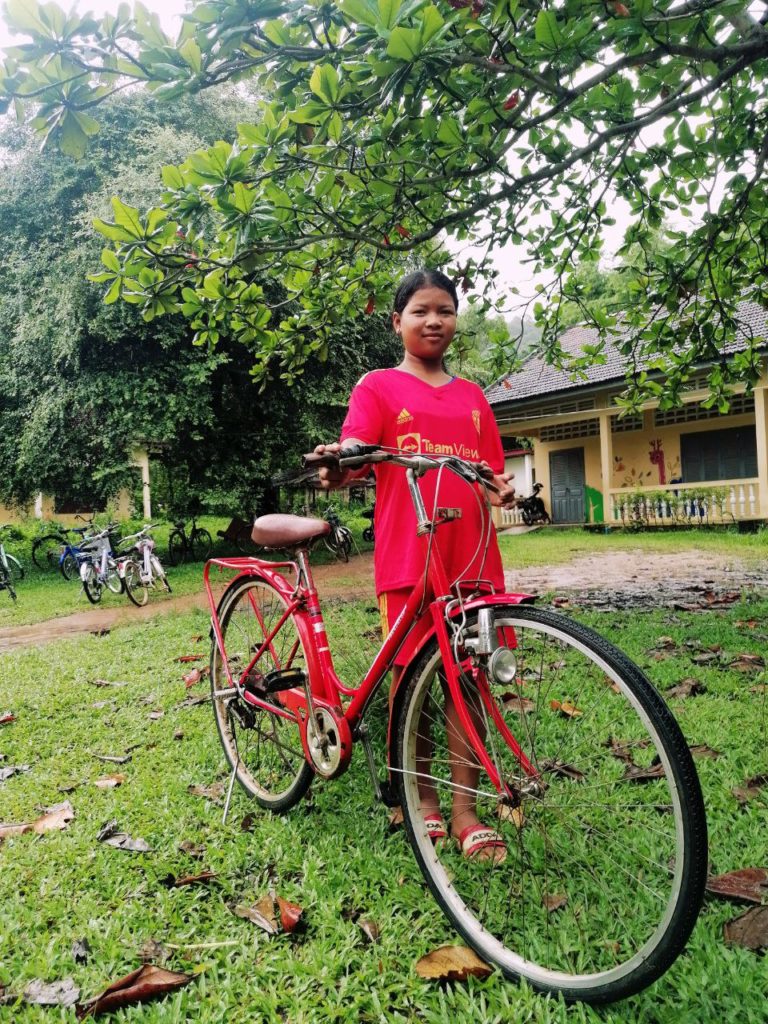
Khorn Lekheng, a 13-year-old pupil at Sbov Primary School, was given a bicycle last year. Since then, her academic performance has significantly improved. Her head is full of dreams.
“I want to become a teacher,” Khorn says. “My favourite subject is the study of Khmer language.”
Her mother frequently works long hours at the market selling crabs, while her father is a fisherman.
“My parents were not always able to drop me off at school. I did not have a bicycle and this is why I frequently skipped class.” She can now go to school more easily.
The provision of 34 bicycles in her school is part of the CO-SAVED project, which is co-funded by the EU and led by Action Education (Aide et Action). Beyond material donations, the initiative is a recognition of the transformative power of cycling to boost health and brain power. Physical activity has the potential to strengthen the concentration of children, their memory retention, and their problem-solving skills, which, ultimately, lead to better school outcomes.
The life of her friend Bun Srey Yoeun has also changed. With a bicycle, she had a chance to become less dependent on adults and to develop a sense of responsibility. She gained independence and self-growth thanks to her bicycle, which had an effect on her well-being.
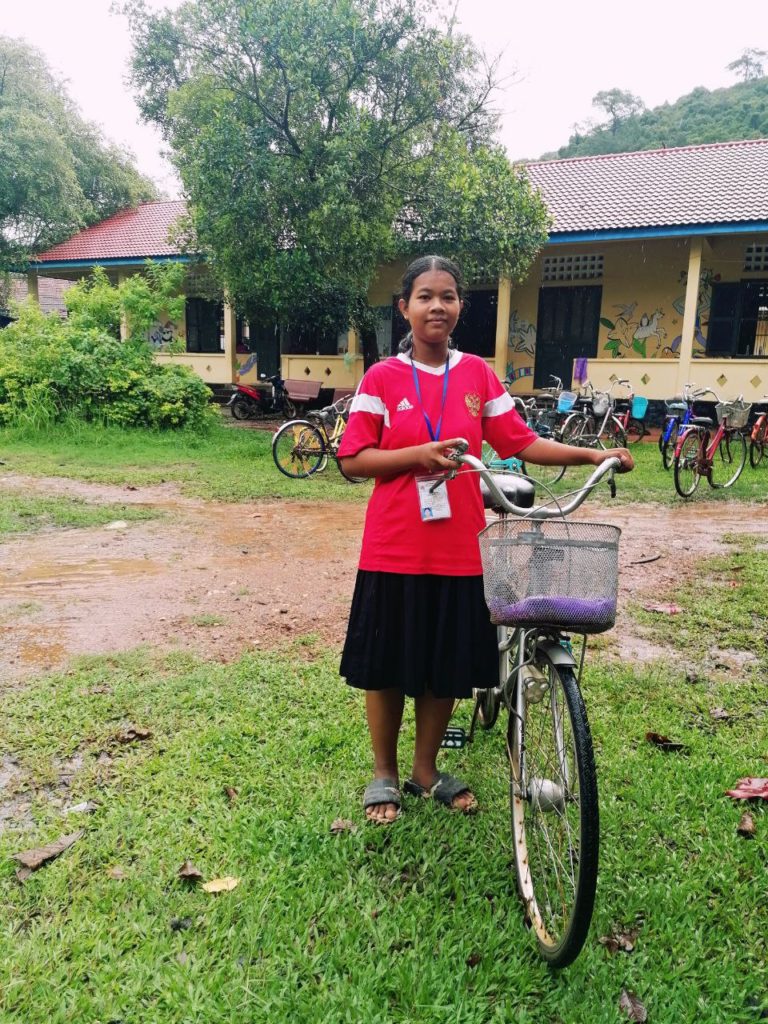
“My brother would help me if my parents were unable to drop me off.” Independence came as a relief. Srey declares empowered: “Now I come regularly by myself. “I love learning and playing with my many friends. I am very happy right now.”
Khorn shows a beautiful smile. She remembers: “I was really thrilled when I got my bicycle. My teacher was aware of my situation. He knew I did not have a bicycle and he put my name on the list.” Indeed, her teacher’s heart is in the right place.
“I know my students,” says Kub Ry, 37. “I know who is absent or arrives late. Most of the time, they come from poor families. It is about 50 percent of the 43 pupils in my class. I wanted to help them.”
He exclaims with joy: “Children are happy! I am happy! It was beautiful to see all the students with a bicycle that day. It was amazing!”
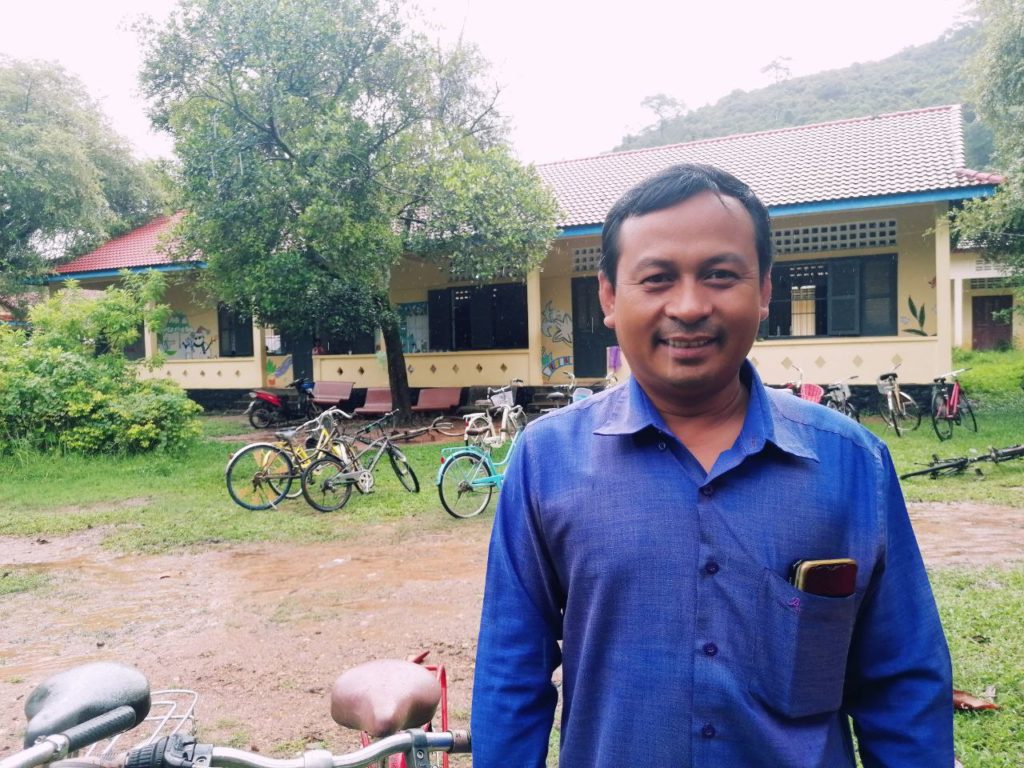
Kub intends to request notepads, backpacks, and clothing, which are part of the school packages provided by Action Education.
Time to learn from Cambodian children
Children cycling to school every morning is rather common in the scenic countryside of Cambodia. Given that transportation is one of the major contributors to carbon emissions, it is now our turn to learn from the younger generations at a time of climate breakdown. Cycling is a healthy, affordable, and simple solution to make a meaningful change. According to UN data, living car-free can reduce an individual’s carbon footprint by up to 2 tons of CO2e per year compared to a lifestyle using a car. [1]
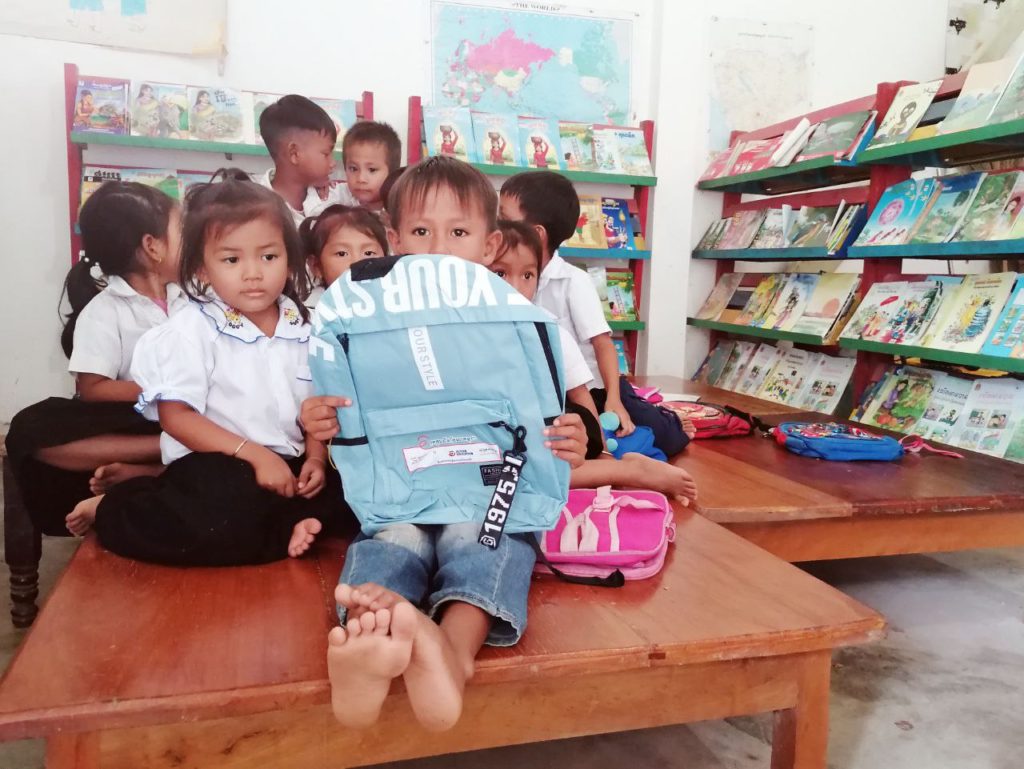
In addition, a bicycle is a means of poverty reduction and sustainable development. This mode of transport is the most efficient use of renewable human power, helping individuals to lower the cost of transport for their household, and having a positive impact on climate, health, and education. Cycling has also an important potential for green growth through cycling-related job creation, for example in the sector of eco-tourism and it conveys a positive message to have an impact on climate.
[1] UNITED NATIONS, Actions for a healthy planet https://www.un.org/en/actnow/ten-actions
